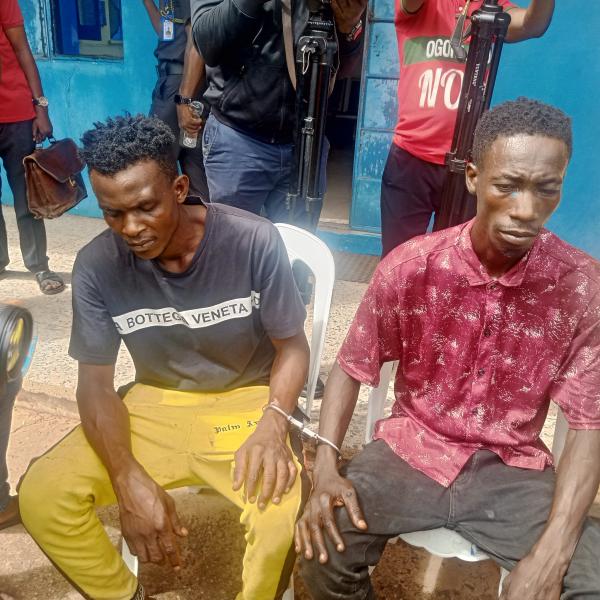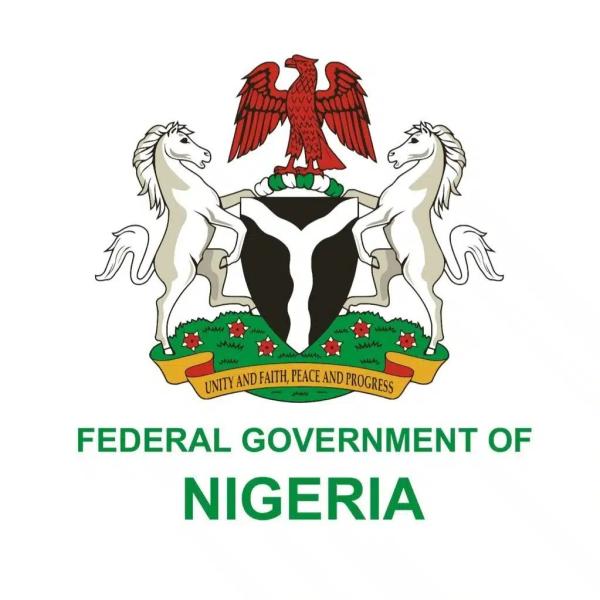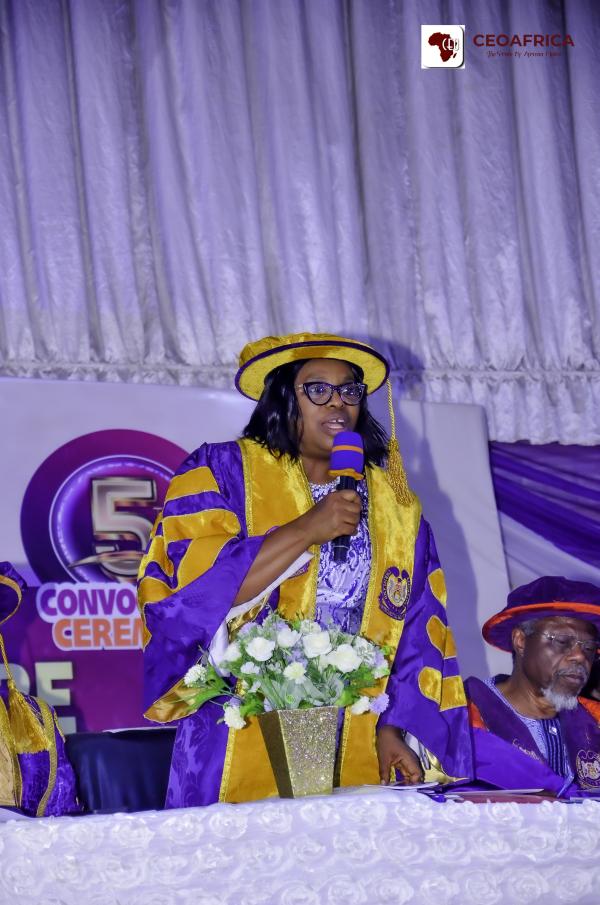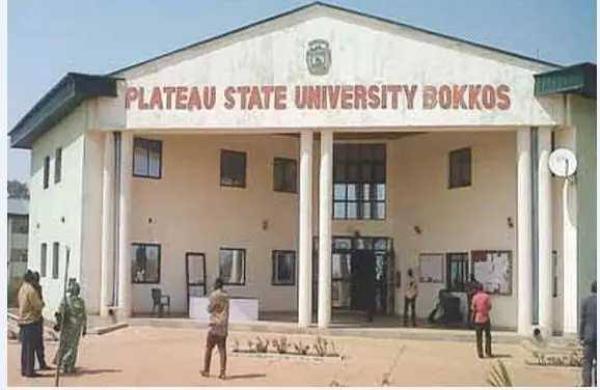
Ugandan government has through its campaign to fight poverty and unemployment especially among the youth, partnered with Makerere University, to train farmers at grassroots to enable them practice modern and profitable agriculture.
The model of education will be implemented through the SPEDA/ Africa Institute for Strategic Animal Resource Services and Development ( AFRISA).
The SPEDA model, now in its eighth year, is embedded in five pillars through formal and informal approaches.
The pillars of the model are skills, production, enterprise, development and accreditation (SPEDA) and they address the third function of the university as stipulated in the 2001 Universities and other Tertiary Institutions Act, to disseminate knowledge.
According to the Makerere University First Vice Chancellor in Charge of Administration, Ass Prof John Kakumba, as the university celebrates 100 years of existence, government is relying on it to use such a model of education to fight poverty.
“We are grateful to government for taping into this rich research to promote modern farming among within our communities," Prof Kakumba said.
While agriculture is the backbone of Uganda's economy and employs more than 65 per cent of Ugandans and feeds more than 80 per cent of country's industries with raw materials, most farmers practice it without any training, something that has limited their opportunities of transiting from subsistence farming to large scale merchandised commercial agriculture.
AFRISA is a platform for advancing industrial and development in higher education to transform society and contribute to national development through animal resources.
The programme was developed through the College of Veterinary Medicine Animal Resources and Biosecurity, by Prof John David Kabasa, who doubles as the principal of the College.
Prof Kakumba said Makerere University is moving at the level of churning out graduates who can create their own jobs and employing others.
“CoVAB is one of the backbone of the university in terms of financing development at the university," he said.
He was officiating at the opening of the International Cultural Boma at the College of Veterinary Medicine Animal Resources and Bio security (CoVAB) on Friday .
A Boma is a Swahili word that means sitting together around the fire place to discuss issues.
In this case, the international cultural Boma is a scientific conference where scientists "sit together" to discuss international issues affecting the world, through the Regional mediated Partnerships for Enhancing Livelihood and Healthy in Africa (RUMPELH).
The three-day event is a component of the Summer School programme organised by CoVAB and her partners. It takes place every June with students from American and regional universities including Makerere University.
This year's Boma was under the theme: Global Health Security: A need for multi- sectorial partnership for sustainable livelihoods and development"
Dr Julie Jordan, the Vice President of Mississippi State University said there is no way developing countries can improve food security without addressing global warming.
She said that global warming and food insecurity are international threats and universities have to be involved to address both challenges partnerships.
“The younger generation is our backbone in our fight against global warming and we expect them to get involved in all our strategies," She said
All the partnering universities had an opportunity to present on possible areas of collaborations in their respective universities.
These include; St. Geargia Granada, Mississippi State University, Mbarara University, Nairobi University, University of Rwanda, Burundi, Nigeria and IGAD Sheikh Technical Veterinary School , Somalia.






















